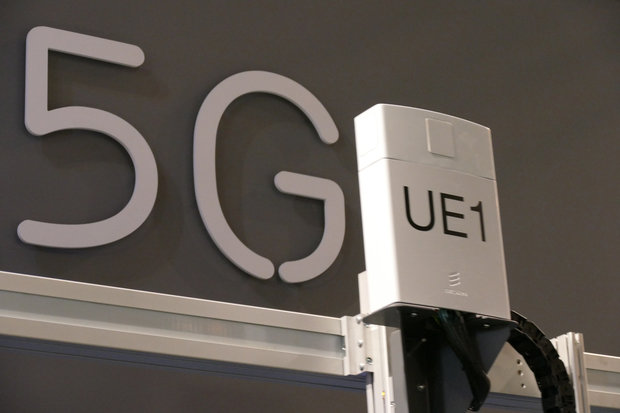The ongoing Apple-Qualcomm dispute highlights a gaping hole in Apple’s wireless IP portfolio, while also underlining Nokia’s strengths mobile IP. Nokia currently has over 90,000 individual patents covering a wide range of mobile technologies. Qualcomm has 30,000 that are considered “essential intellectual property.”
It’s not that Apple doesn’t have its fair share of patents, but most of them are around design, components, operating systems and so on. In the wireless chipset space, Intel and Qualcomm hold all the aces, and Nokia and Ericsson loom large over most other areas of mobile tech IP.
That’s the reason Apple pays and will continue to pay hefty royalties for technologies that it does not own, such as cellular modems.
Does that mean Apple doesn’t make a killing on iPhone sales? Absolutely not. At a steady 38% to 40% gross margin, Apple is unarguably the most profitable smartphone maker in the world. It does get to dictate terms at the negotiating table because of its buying power, but it does not have the leverage to overcome matters of IP.
What’s more, the emergence of 5G mobile technologies will further strengthen the positions of Qualcomm and Intel in the mobile modem chipset space. These are possibly the only two companies in the mobile space that have such extensive connections with 5G carriers. That’s especially true of Qualcomm, but Intel chipsets are a strong force on their own as well.
That leaves Apple paying for much of the IP that it will use on future iPhone iterations and for other devices in its portfolio. And that’s exactly why Apple is trying to put a stop to high royalties. Apple can put pressure on smaller suppliers to cut their prices, but the basic cost of materials is on the rise, and that increase will inevitably be passed on to the consumer.
So, should Apple build its own wireless chipsets? We don’t know if they will, but it’s amply clear that their margins are under pressure because of this weakness in their IP portfolio. It might be too late for Apple to get into the chipset game, but it can certainly look at the M&A route. That’s what Barron’s suggests in a recent post.
But will that make the problem go away? Perhaps not, but it can lessen the royalty load on the company moving forward. The ecosystem of supplier dependence that Apple has built around components and technologies for iPhone and other devices isn’t going to go away. It’s just not practical for Apple to invest in manufacturing at that level because the economies of scale simply won’t justify it.
That means its margins will continue to be under pressure, its royalty disputes won’t suddenly disappear and all the companies providing IP licenses to Apple will continue to benefit from the status quo. And unless Apple makes some significant IP acquisitions in the mobile wireless modem chipset space, that status quo is going to stick around for a really long time.
This serves to highlight Nokia’s bargaining power despite its struggle to stay relevant in the smartphone market. The company continues to reap royalty fruit from Apple’s orchard, and Apple won’t have much of a choice – they either pay up or they sue the company. The same pattern is being repeated with Qualcomm now.
The only long-term solution seems to be for Apple to invest heavily into acquiring its own portfolio in wireless IP. But will that even work? As wireless technology moves to the next generation – 5G – the space is already crammed with companies competing to be among the first to roll it out. Is there even room for Apple to fit its own mobile wireless IP agenda into it?
Thanks for reading our work! Please bookmark 1redDrop.com to keep tabs on the hottest, most happening tech and business news from around the world. On Apple News, please favorite the 1redDrop channel to get us in your news feed.



